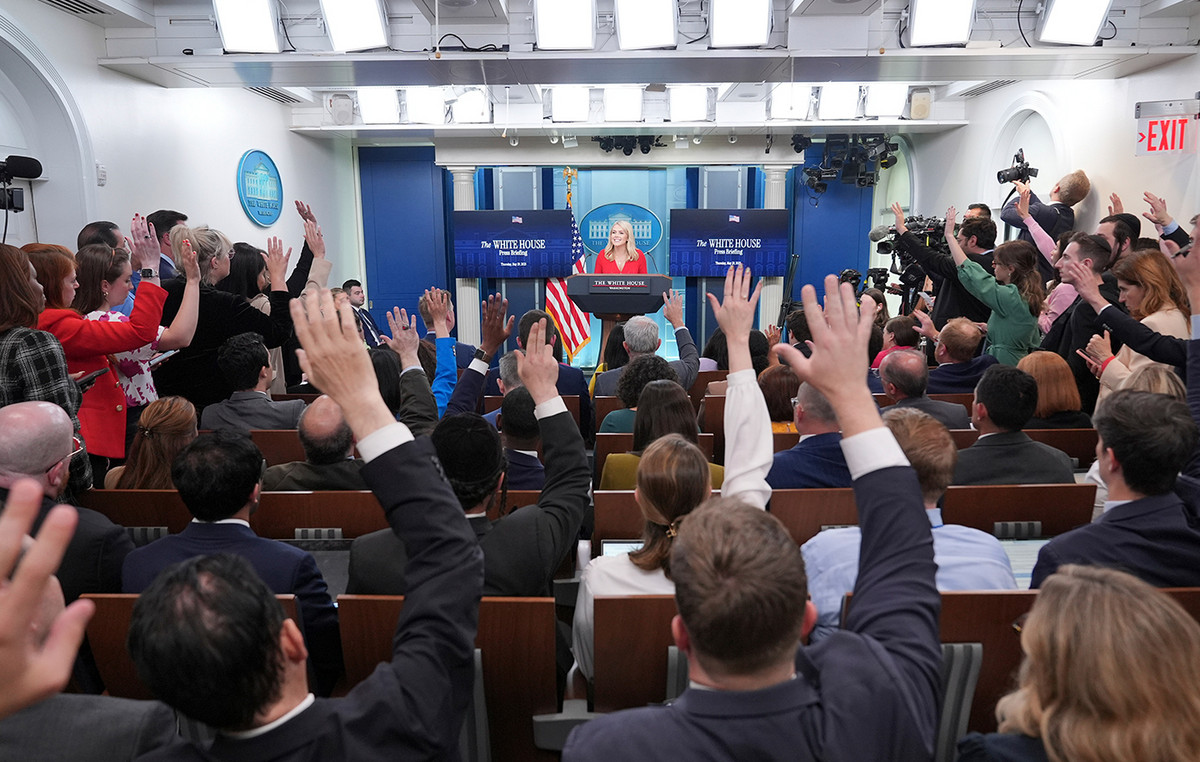In an election year and with the vote on the tax reform banned in Congress, the Fiscal Policy Observatory of Fundação Getulio Vargas (FGV) launched a digital book with proposals to make the National Tax System fairer, penalizing the poorest less, after the increase in social inequalities in the country with the covid-19 pandemic.
The launch of the book “Tax Progressivity and Economic Growth” coincides with the controversial tax exemptions recently promoted by the government and Congress to force prices down, but made outside a structural change in tax reform.
Access to the digital book is free via the portal of the Brazilian Institute of Economics (Ibre) at FGV to foster debate with concrete proposals for the window of opportunity for voting on the reform at the turn of the government.
There are 10 authors in 13 chapters that make an integrated approach to changes, without focusing on a single tax, which can bring more progressiveness to the collection of taxes in the country. This is a term used to denote a system in which taxpayers with greater ability to pay pay more taxes.
Today, the Brazilian system is highly regressive. That is, taxpayers with lower income end up paying proportionately higher amounts.
as showed the Estadãoif the Income Tax table is not corrected, in 2023, workers who earn up to 1.5 minimum wage will pay IR compulsorily.
Organizer of the book, the coordinator of the Observatory of Fiscal Policy, Manoel Pires, says that the idea for the collection arose in the wake of the discussion of the Income Tax reform bill, approved in the Chamber and which was stalled in the Senate under the artillery of various segments of society.
“Unlike consumption taxation, where there is a greater consensus on where the tax system should go, what happened in income tax taxation was a mixture of very powerful lobbies that distorted the reform and a very big dissonance on what should be done”, says Pires.
According to him, the final version of the project did not please because it continued to maintain various forms of tax planning and allow very high incomes to avoid paying taxes. “We still need to move forward in this national debate,” he says.
One of the main points addressed is the discussion on the taxation of profits and dividends. Pires says that the book brings a broader approach to the topic by presenting the discussion beyond a simple debate on whether to tax or not, but how to do it.
The book points out that there are two main forms of taxation of profits and dividends. The first way is a uniform rate in which the sum of taxation in the company plus the distribution of dividends is close to the maximum rate of the IRPF. The second way is via a progressive table giving discount to exempt the basic remuneration of the capital (which in many cases, is equivalent to the exemption by the inflation rate).
The book shows that in the Brazilian system, the problems vary, but the Personal Income Tax is not very progressive, that is, it does not charge more tax proportionally from the richest.
At the top of income, it becomes regressive – the effective IRPF rate of the richest 1%, in 2019, was 5.25% – and this is strongly related to the exemption from the distribution of profits and dividends in which the 0.1 The richest % own 58% of total income in the form of profits and dividends, that is, it is not taxed. There is a large tax difference between individuals with the same income level depending on how economic activity is structured.
In one of the chapters, the collection deals with the effective rates of IR on companies. The article reinforces the point that, despite the high rate of 34% of the IR on corporate profits, the effective taxation (the paid one) is very different. This difference is the result of several exemptions and possibilities for tax planning, which causes the load to be distributed very unevenly.
The discussion about the progressivity of the tax system also gains relevance after the recent measures to exempt the ICMS from fuel, telecommunications, electricity and urban transport, which draw resources from public policies in the medium and long term.
“Everything is very detailed in terms of the electoral issue”, he says. Despite the difficulties, he sees that the barriers to reform are not insurmountable.
For economist Rodrigo Orair, who is one of the authors of the book, the collection shows a maturing of the debate on taxation and equity. “It is another qualitative leap in the debate on the Income Tax in an integrated manner with other taxes and focus on the macroeconomic impacts on growth and investment”, says Orair.
According to him, Brazil lags behind other countries in implementing the changes. “There is a wind in the world pointing in a direction of reducing the taxation of the company’s profit and offset this by reviewing the tax benefits and taxing the company’s shareholder at the level of the individual”, he ponders. “We are left behind and we will see a tidy brake, regardless of the president who wins the elections”, he emphasizes.
Tax waivers are another topic addressed. The evolution of tax waivers is analyzed, showing that its growth in recent years stems from methodological changes in its measurement. In addition, as consumption taxation is high, some sectors need different treatment due to the difficulties of bearing all this burden, which makes a significant reduction difficult.
He points out that waivers will only be reduced when it is possible to change the composition of the tax system, increasing the weight on income and wealth and reducing the weight on consumption.
The book presents evidence that a redistributive reform has positive impacts on economic growth, that is, taxing the top income a little more to reduce indirect taxation, which is quite regressive, tends to be positive for the economy.
In addition to FGV, the book was produced with the support of Samambaia Filantropias, a third sector organization created to finance studies focused on tax progressivity, economic growth and the reduction of inequalities in Brazil. In addition to Manoel Pires and Rodrigo Orair, Bráulio Borges, Débora Freire, Fábio Goto, Guilherme Silva Cardoso, Nelson Barbosa, Pedro Vitorino, Sérgio Wulff Gobett and Tailiny Ventura participate in the book with articles.
Source: CNN Brasil
I am Sophia william, author of World Stock Market. I have a degree in journalism from the University of Missouri and I have worked as a reporter for several news websites. I have a passion for writing and informing people about the latest news and events happening in the world. I strive to be accurate and unbiased in my reporting, and I hope to provide readers with valuable information that they can use to make informed decisions.





